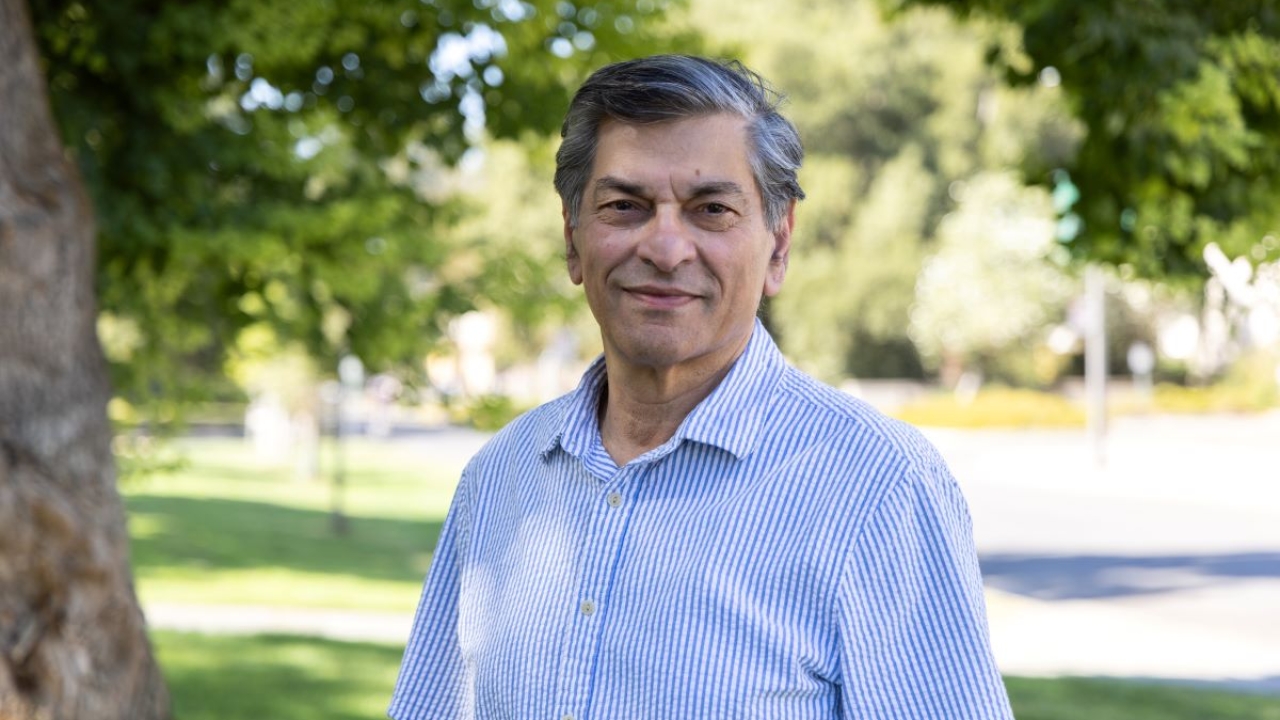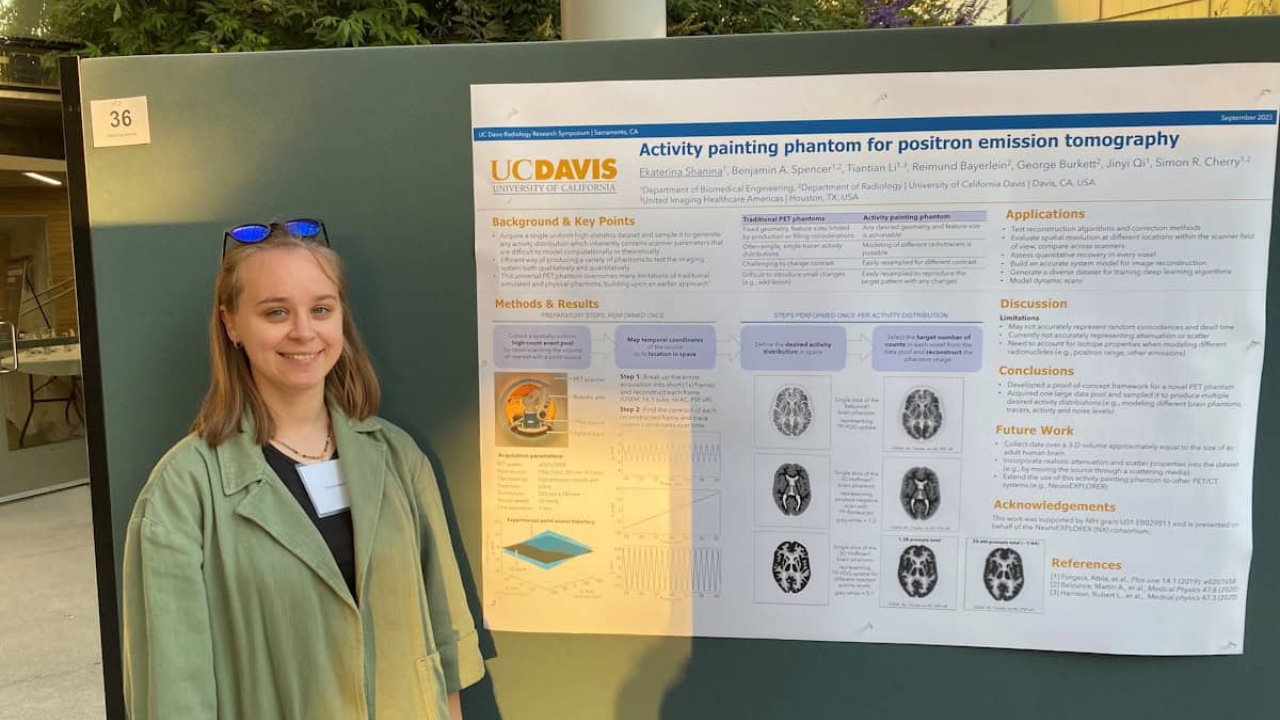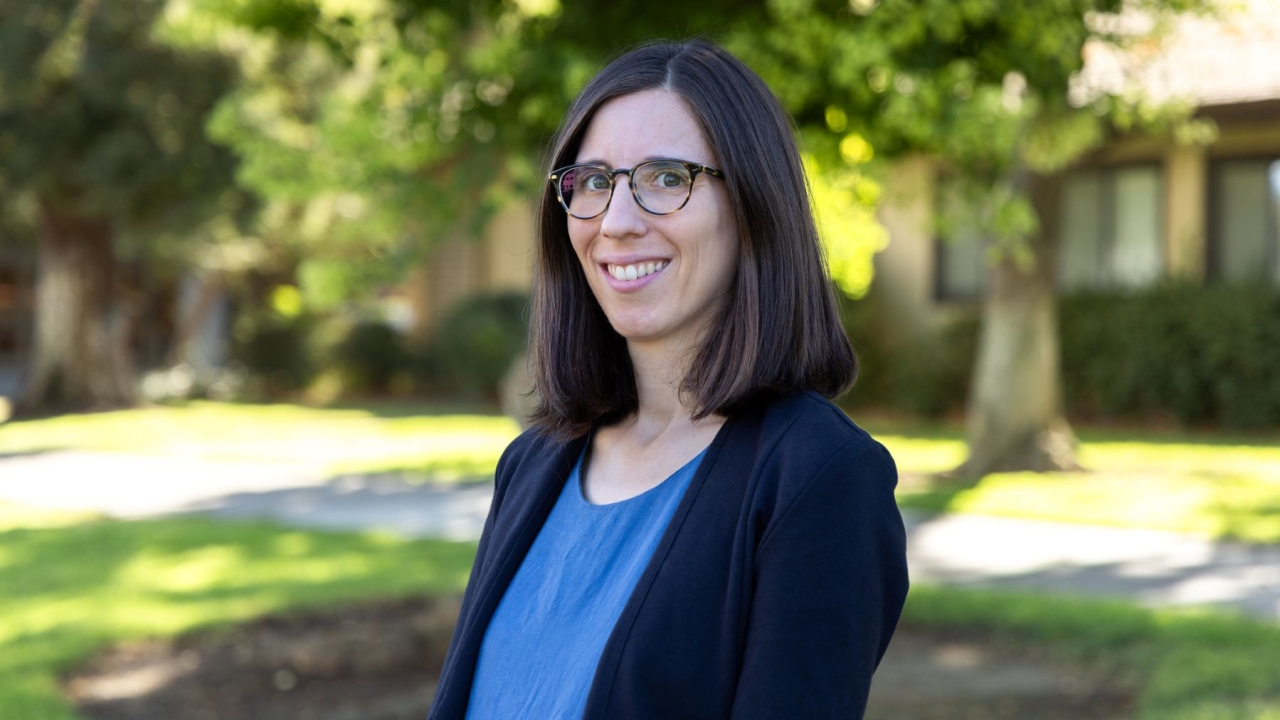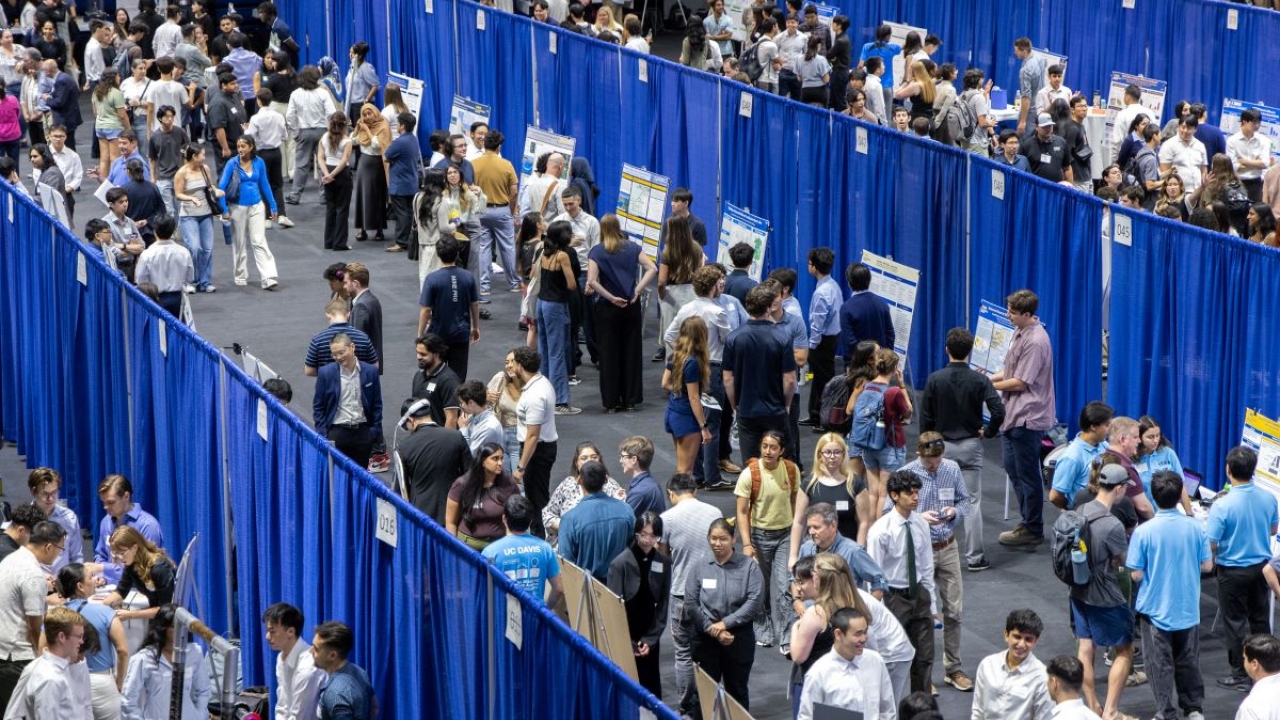Chip Martel Enters the Bridge Hall of Fame
Charles U. “Chip” Martel, a professor emeritus in the UC Davis Department of Computer Science, has been known to joke that he gets mentioned in the New York Times far more often than his campus colleagues.
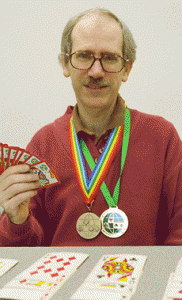 As it happens, though, the frequent publicity doesn’t often reference his research interests, which involve the design, analysis and applications of efficient algorithms, most recently algorithms for network analysis and routing, graph algorithms and computer security.
As it happens, though, the frequent publicity doesn’t often reference his research interests, which involve the design, analysis and applications of efficient algorithms, most recently algorithms for network analysis and routing, graph algorithms and computer security.
Martel plays cards in his spare time; his game of choice is bridge. His parents taught him to play while he was quite young, and he became seriously devoted to the game during his high school years in Urbana, Illinois.
To say that he became rather good would be a serious understatement; he is, in fact, one of the world’s best players. He has nine world championship medals: five gold, three silver and a bronze. (Bridge is a partnership game, and he shares eight of those medals with longtime friend and partner Lew Stansby.) Martel also has two golds, a silver and a bronze as either a coach or nonplaying captain of U.S. teams, and he has won 30 nationals titles, and taken second place 19 times. He chairs the American Contract Bridge League‘s (ACBL) Laws Committee, and has served on various committees for the World Bridge Federation.
Martel’s card-playing prowess just earned him the grandest accolade yet: He has been voted by his peers into the ACBL Hall of Fame. He now shares this honor with his wife Jan, also a consummate player, who was named the ACBL Blackwood Award Hall of Fame inductee in 2012.
Chip Martel has long viewed his bridge “hobby” as a direct link to his work as a computer scientist. “There are certain commonalities with problem solving and game theory,” he once observed, while further comparing the social nature of bridge to the establishment of good relationships between professors and students.
Martel earned his doctorate at UC Berkeley in 1980, the same year he joined the UC Davis faculty. During the 1985-86 academic year, he gained tenure and won his first World Bridge Championship. He helped found the UC Davis Department of Computer Science.

